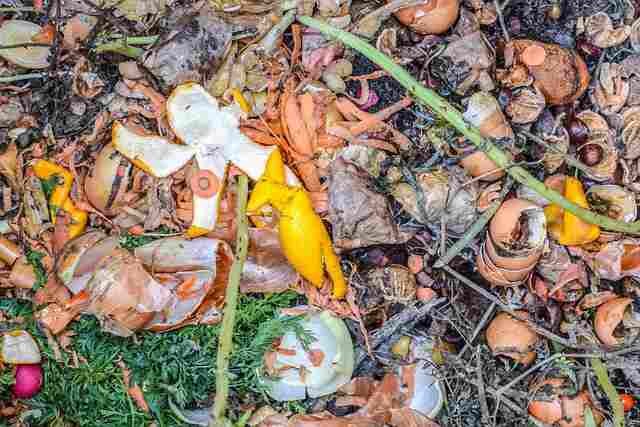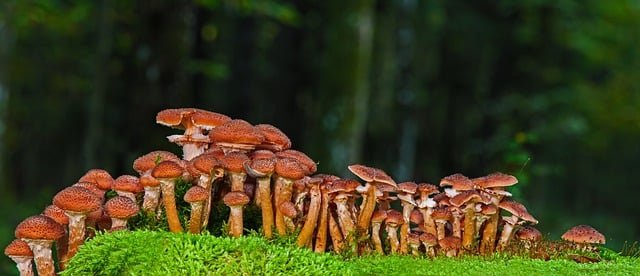Composting—it’s one of those full-circle processes in your garden that’s both intrinsically rewarding and an operational necessity. The sense of satisfaction when you turn kitchen and garden waste into precious black gold is all-time. But when that process slows down or, worse, doesn’t even really get started, you’re left wondering: what can you do? It can be frustrating, I know. I’ve been there. So today, let’s look at the top things that you can do right now to speed up your compost pile. So let’s get to it!
Strategy 1 Aeration
The first strategy that I’d recommend to speed up the decomposition of your compost is to aerate. Composting is an aerobic process that consumes oxygen as it decomposes your organic wastes. Simply turn your pile frequently to get that air throughout the compost profile. The microorganisms doing all that hard work will appreciate the breath of fresh air and, in turn, work even harder for you.
The second strategy to speed up your compost is the right moisture level. You can often speed up your compost by drying it out just a little bit, especially if it’s already too wet. The reason for this is that excess water tends to fill in the air gaps inside the compost. And when you take away those free air gaps, your compost is gonna slow right down. Remember, if aeration is one of the ways that you can speed up your compost, taking that air away is definitely one of the ways that you can slow it down. It’s a pretty easy fix. Even if your compost has gotten a little bit too wet on you, to dry out an oversaturated compost, you simply need to add some more shredded cardboard, some more shredded paper to tame the dampness.
Strategy 2 Smaller Materials
The third boosting strategy for your compost is to add smaller materials. It’s simple—the smaller that your organic inputs are, the more surface area there is, and the more surface area there is for those microorganisms and microbes to start working for you, the faster it’s going to go. Get your organic waste into as smaller pieces as possible, either by hand or by machine, and your compost will work amazingly.
Our fourth method to speed up composting is to simply add existing completed compost. As we mentioned, the heavy lifting of the decomposition process is done by microbes and bacteria. One teaspoon of finished compost can contain upwards of a hundred million of these organisms, hungry and looking for more compost. Adding just a little bit of your finished compost to the new stuff can really jumpstart the process and get that new compost pile humming.
The final strategy that I employ to really get my compost pile moving is to add a nitrogen booster. By nitrogen booster, I mean what we consider a green input—things such as grass clippings, fresh garden or kitchen waste, and even shredded weeds. Nitrogen allows the microorganisms within your compost to reproduce. Short bursts of high nitrogen content will allow your compost pile to explode with high population levels of these very microbes, thus greatly increasing the speed of the entire process. It’s literally an energy boost for your compost.
Conclusion
Composting is a magnificent, fantastic process that, at its heart, is the ultimate recycling program. Not only does it allow us to dispose of organic waste for free, easily, the byproduct of its process is literally one of the most important components of our garden. Its entire efficiency is dictated by the microorganisms that are breaking it down—how many they are and how happy they are. The five methods that we discussed here today not only increase your population of microbes fast and easy, they also keep them happy and productive.



